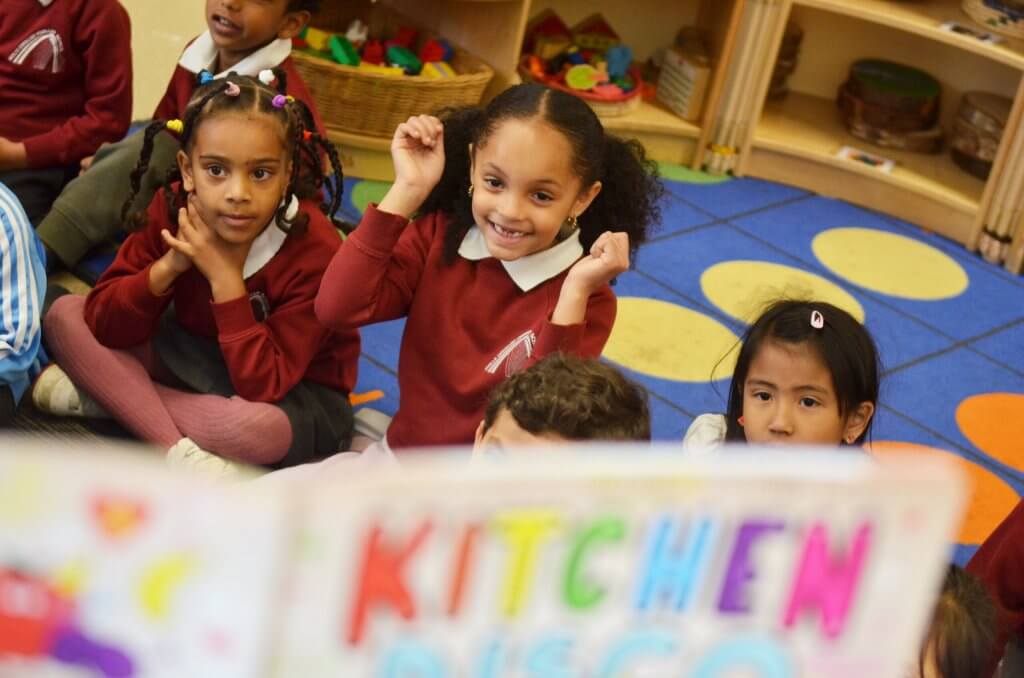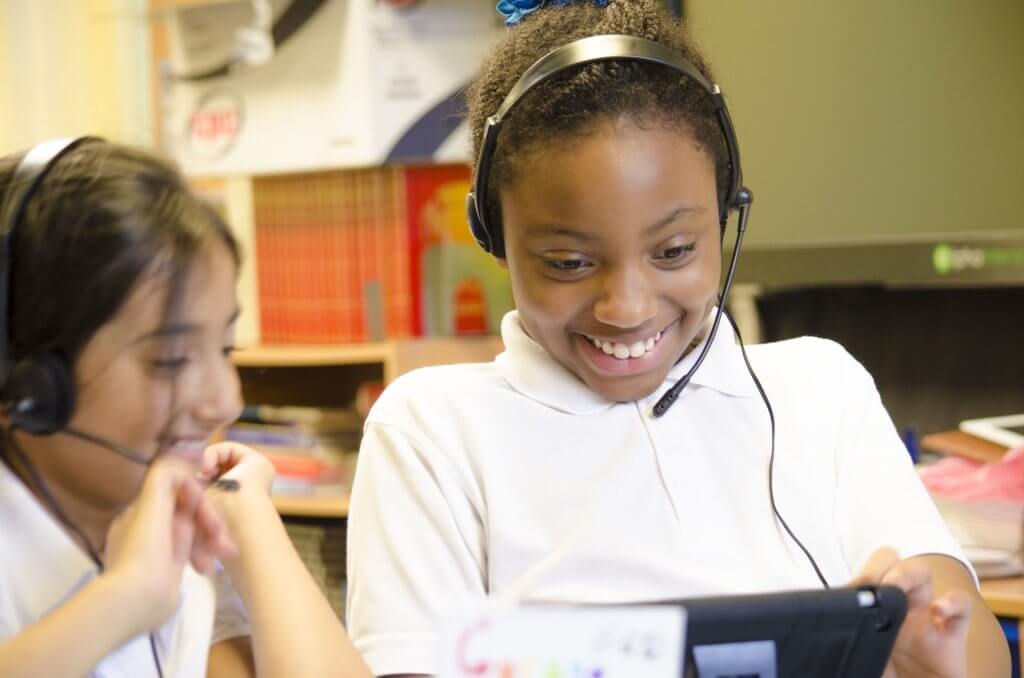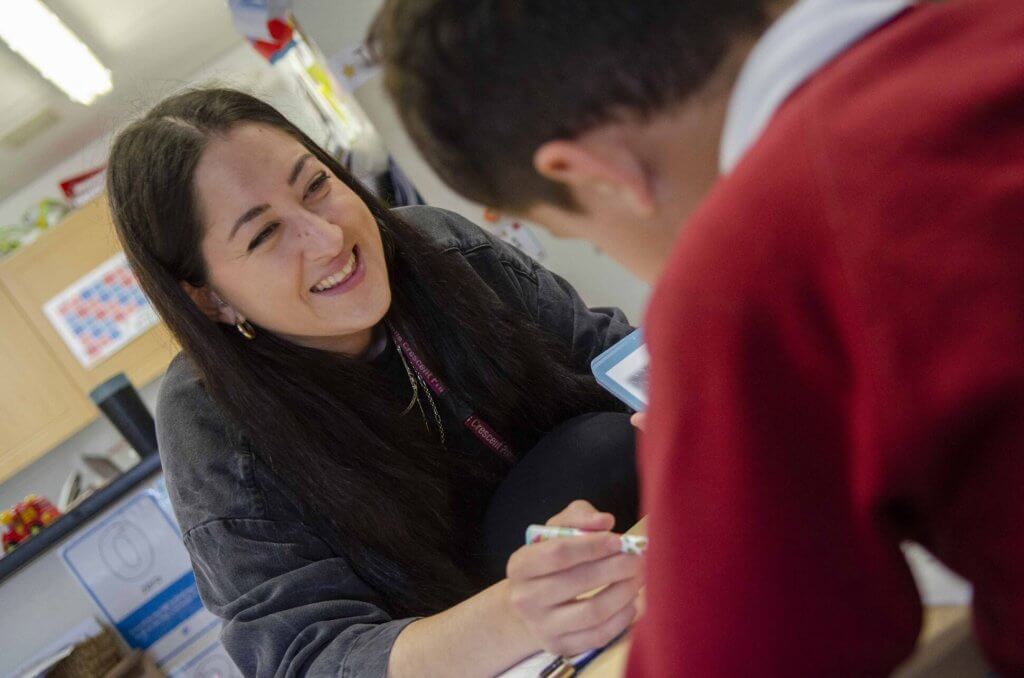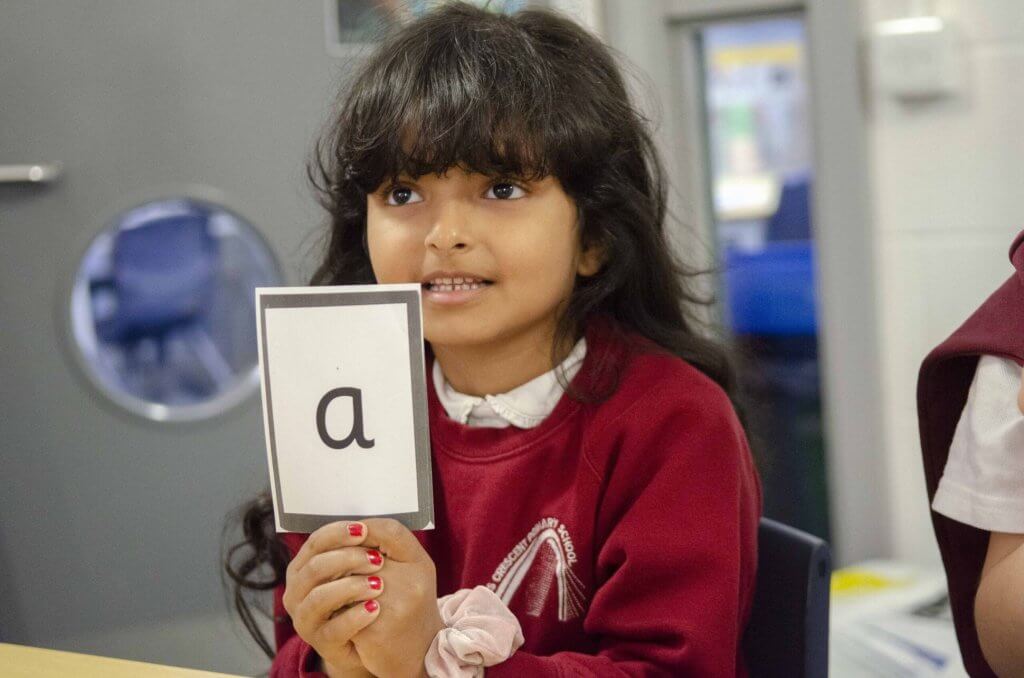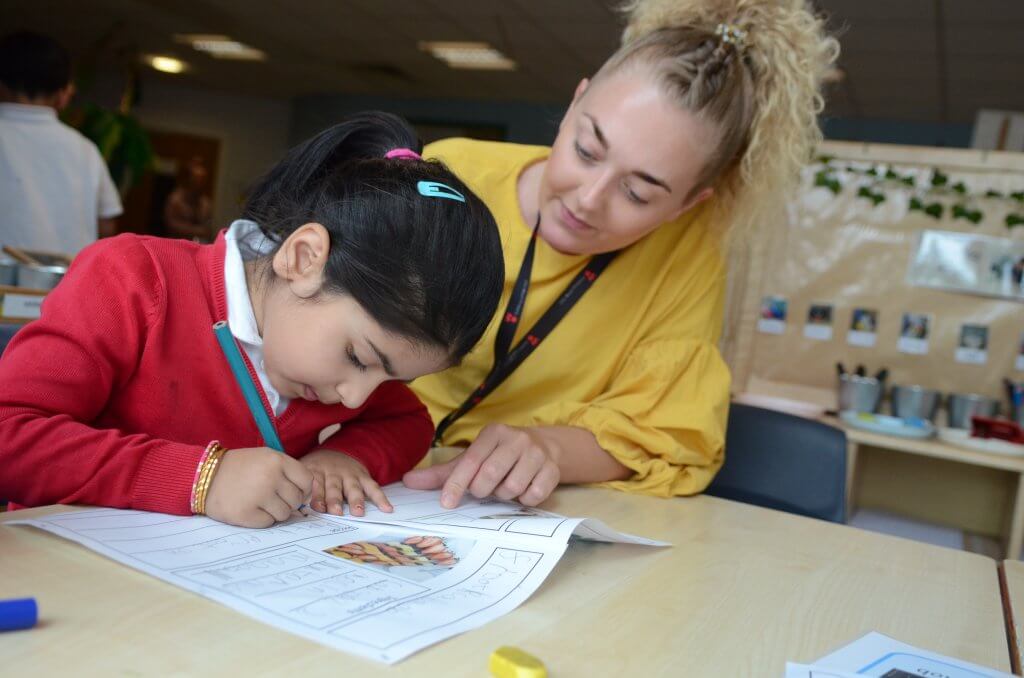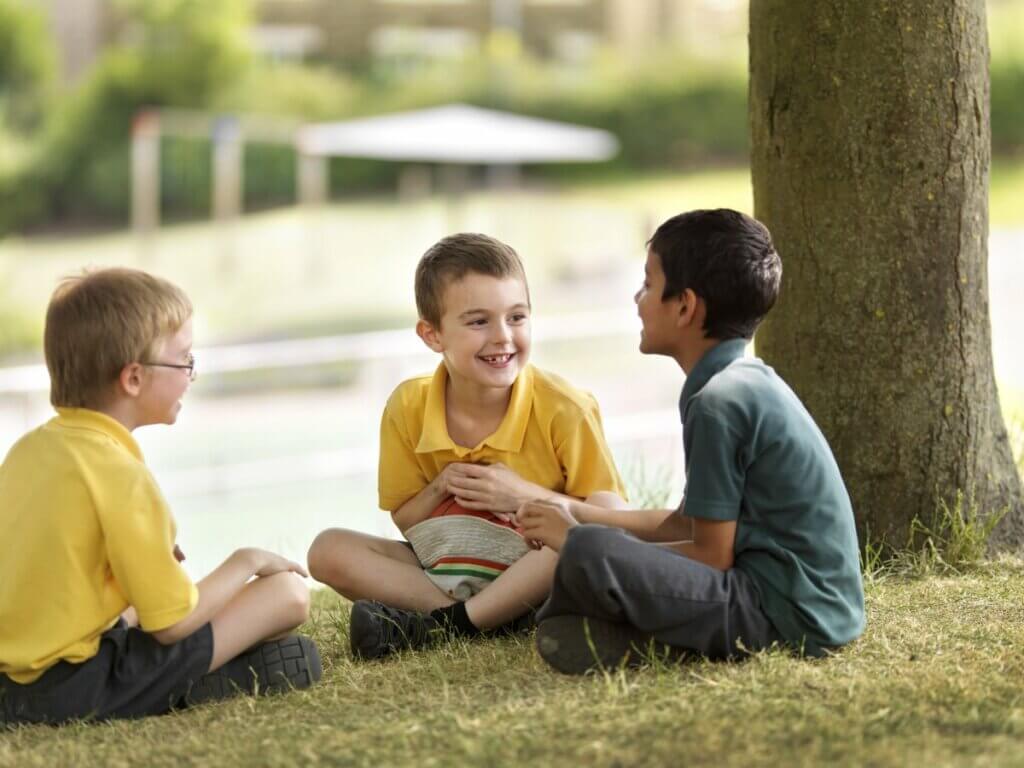This week is Mental Health Awareness Week 2021 and awareness & action are incredibly important at the moment. We are (hopefully, fingers-crossed) returning to a version of normal whatever that may be. We have the reassurance of a vaccine, we will soon be able hug our family members again and meet up and socialise. This is a great starting point but never has it been more important to observe, support and recognise the impact of Covid-19 and other issues on our mental health and the mental health of our children, young people and parents/ carers.
Working out in schools each week gives me an insight into the thoughts and ideas that school staff and Head Teachers have about the next few weeks, months and even years. I am hearing one message loudly and above all others – RECOVERY & WELLBEING. This is amazing, brilliant and a welcome sound to my ears.
My role at One Education encompasses so many different facets – home visiting, mentoring children and young people, family support, attendance support, safeguarding support, staff supervision etc. I have seen the many faces of Covid-19 and its impact. I have daily conversations with parents, staff & children and the words that are repeated over and over are anxiety, low, stressed, worried, depressed, difficult. Just yesterday, I met with a parent who had simply “hit a brick wall” – she described feeling low & depressed having been isolating with 3 primary age children for so long & working from home. Even the most resilient of adults and children are feeling the impact of the pandemic on their mental wellbeing.
We know positive mental health as a child provides young people with the correct tools, resilience and stable footing to learn, grow and prepare for a healthy adult life. We know that a resilient confident happy child will dream big, achieve much and continue to grow strong. It may feel to many, that we have hit a setback and now we have more obstacles and more difficulties in our way. I see this as a prime opportunity to hit the ground running, have good mental health as the loudest strongest voice and to really make a difference because I am sure we can all recognise Good Mental Health is not just for Covid!
According to the NHS, 1 in 8 children and young people experience mental health difficulties, I imagine that this is now on the increase due to the last year.
What are some of the things we should be looking out for?
- Dropping Attendance – Children have been in and out of school either because of national lockdowns or due to isolating bubbles. We should be monitoring our attendance at an individual pupil level. A continued decline in attendance or sporadic attendance at school can be a sign that something is not quite right for our children. This may also be a sign that there is a parent/ carer at home who is also struggling.
- Changes in behaviour – Is a once confident child becoming more withdrawn or quiet or vice versa. Its important that we are watching, observing and recording these changes.
- Staying away from social situations/ not joining in things they usually enjoy – Returning to ‘normal’ includes a return to large groups of people, noisy situations and being busy. Having been isolating with a small family for so long I worry about a return to busy schools, busy shopping centres, and the thought of noisy chaotic busy times does make me feel a little on the anxious side. This is probably an anxiety for our children too, especially those who may have additional needs or have social anxieties already. It may also be a sign of low mood and depression.
Safeguarding & Mental Health**
In 2020, I wrote about how Keeping children Safe in Education (2020) has imbedded in statutory guidance the importance of child mental wellbeing. Previously, mental health was a sign of possible abuse and we discussed it in terms of the impact of parental mental health on children. Now, it is placed on an equal footing with physical health.
There is a strong link between mental health and safeguarding, and the guidance highlights the important role which education settings have in promoting positive mental wellbeing, educating our children, supporting emotional resilience and enabling those with pre-existing or emerging mental health difficulties to access help and support.
There is an additional element to mental health and safeguarding now – school staff are usually the people outside the family home, with whom children have the most contact. In a pre-Covid-19 world we would see our children on a daily basis, we were in a position to check in with all children but importantly we could check in and observe those where there are concerns. We haven’t been able to do this as consistently as we would want to. All schools have been checking in with families, offering vulnerable pupils school places, however do we really know what has been going on behind the scenes and this is where our observations, discussions and our school safeguarding procedures are really important.
What can we do?**
It is important that we don’t diagnose mental health conditions – most of us are not mental health practitioners or medical professionals but we are in a good position to educate, support, observe and support access.
Whole School Recovery & Wellbeing: A school needs to be a safe encouraging space without stigma. Schools can support the development of resilience and positive mental wellbeing through the curriculum, through open conversations and through the celebration of their diversity. You may wish to have Wellbeing days or further develop a mental health and wellbeing curriculum. The PHSE curriculum is an ideal place to do this, but it may also be incorporated into assemblies, celebrations and different ways of teaching.
You may be eager to start focusing upon attainment and catch-up learning. The starting point for catch-up and increasing attainment is the positive mental wellbeing of your children – you cannot increase attainment without first making sure your children are ok!
Listen and Observe: Watching for and recognising emerging signs and indicators. Do you know who your vulnerable children are? Do you know the pupils with ACEs? Have you checked in with them recently? Have you seen any changes in some of your pupils? These are all good questions to ask!
Early Support: Provide access to appropriate internal and external support as soon as a difficulty starts to emerge. Do you know what support is out there? Have you done your research, talked to school health to CAMHS? Does your provision have a Mental Health Lead?
Access: Schools should also ensure that all pupils have quick access such as referrals to specialist external provision – for example CAMHS/ Healthy Young Minds or specific support such as alcohol and drug misuse services.
Where can we start?
Keeping Children Safe in Education, Department for Education (2020) Mental Health and Behaviour in Schools, DfE (2018) Working Together to Safeguard Children (2018) Mental Health of Children and Young People in England, NHS (2017)
Resources:

